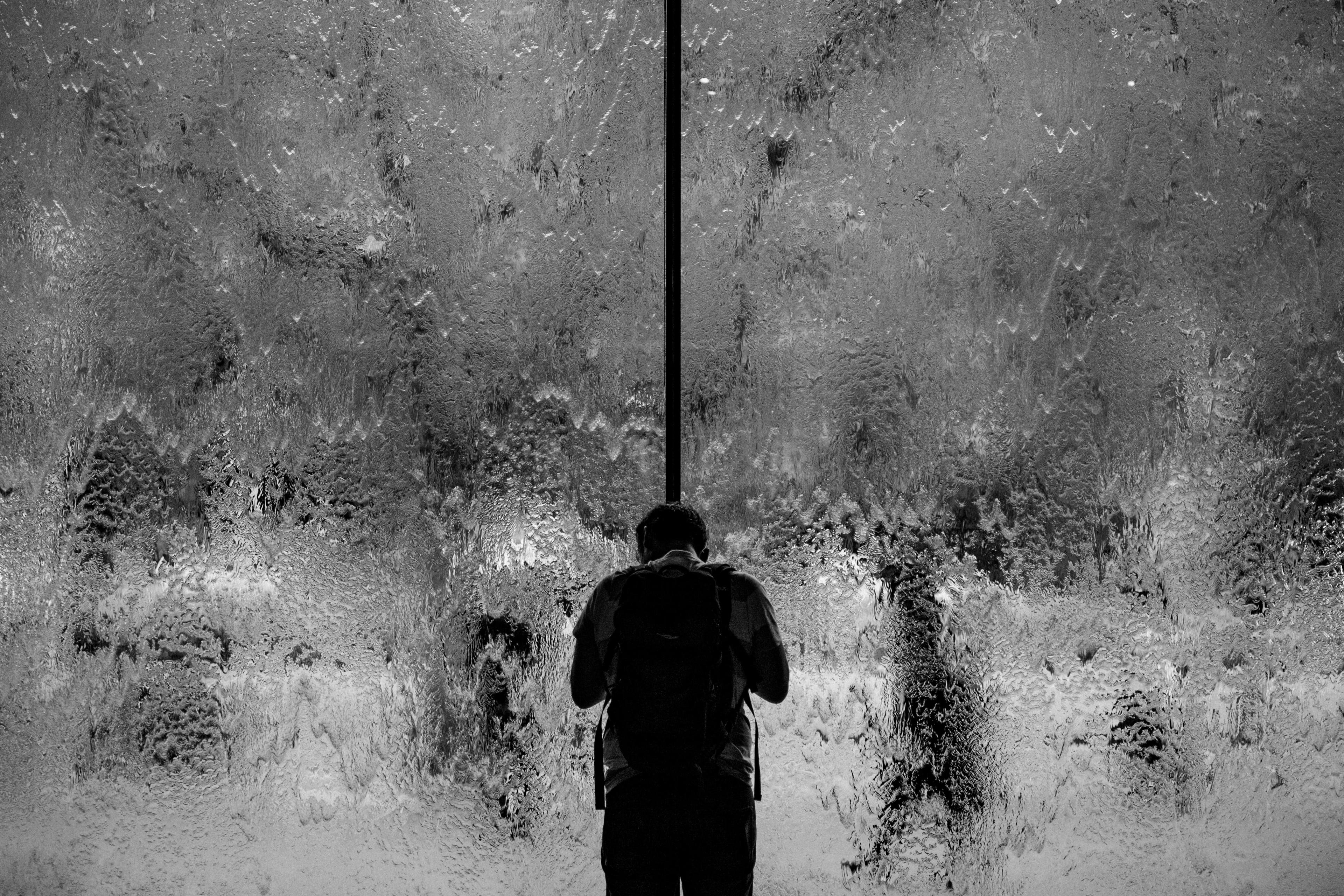
Let’s avoid talk of ‘chemical imbalance’: it’s people in distress
The ‘chemical imbalance’ trope is appealing but dehumanising, and has heightened stigma towards people with mental illness
by Joseph E Davis

The ‘chemical imbalance’ trope is appealing but dehumanising, and has heightened stigma towards people with mental illness
by Joseph E Davis
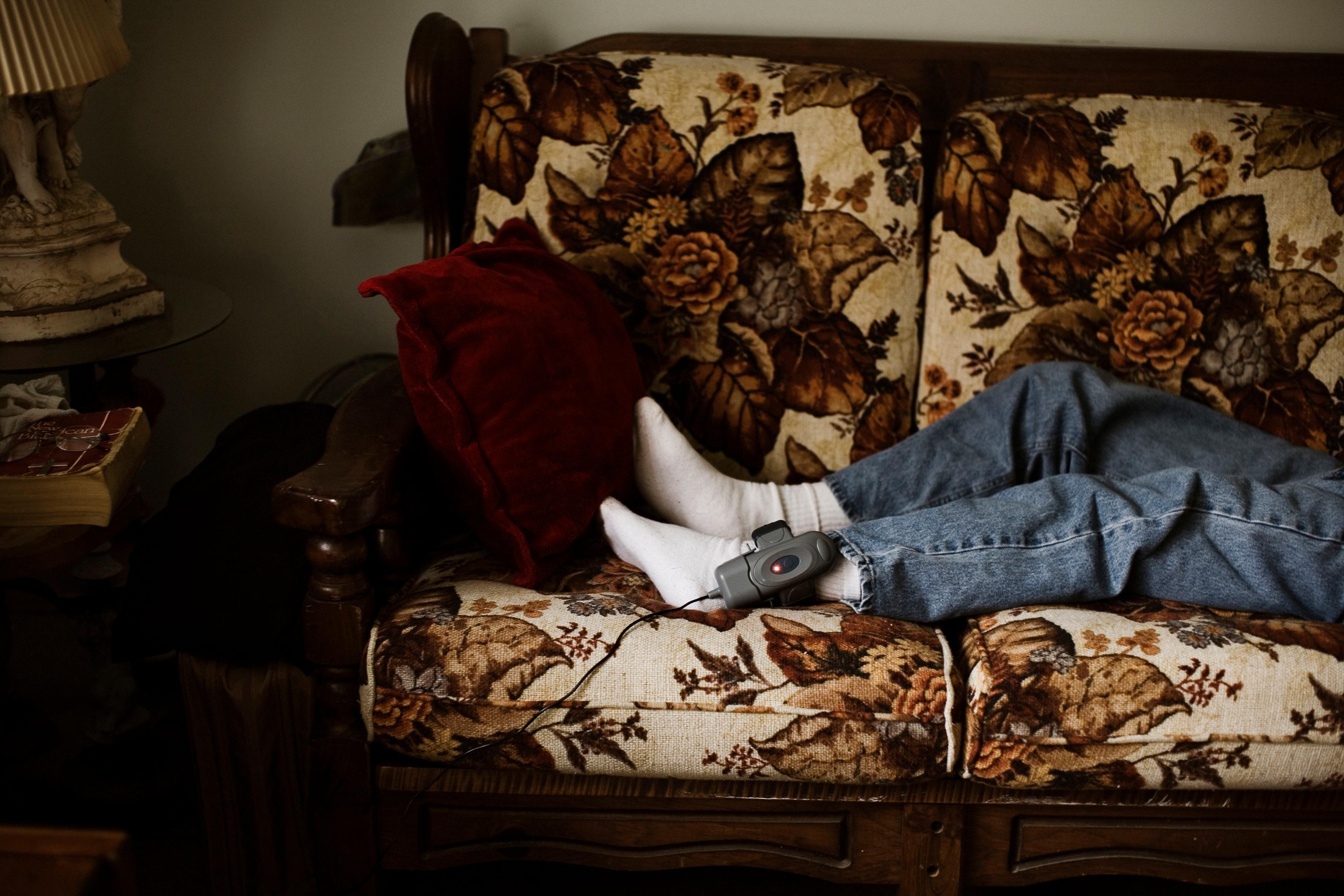
While they deal with a kind of grief, the relatives of those who harm others sexually are subject to blame and judgment
by Azadeh Nematy

As therapists, we’ve treated people with narcissistic personality disorder. We have a more hopeful story to tell about them
by Giancarlo Dimaggio & Igor Weinberg
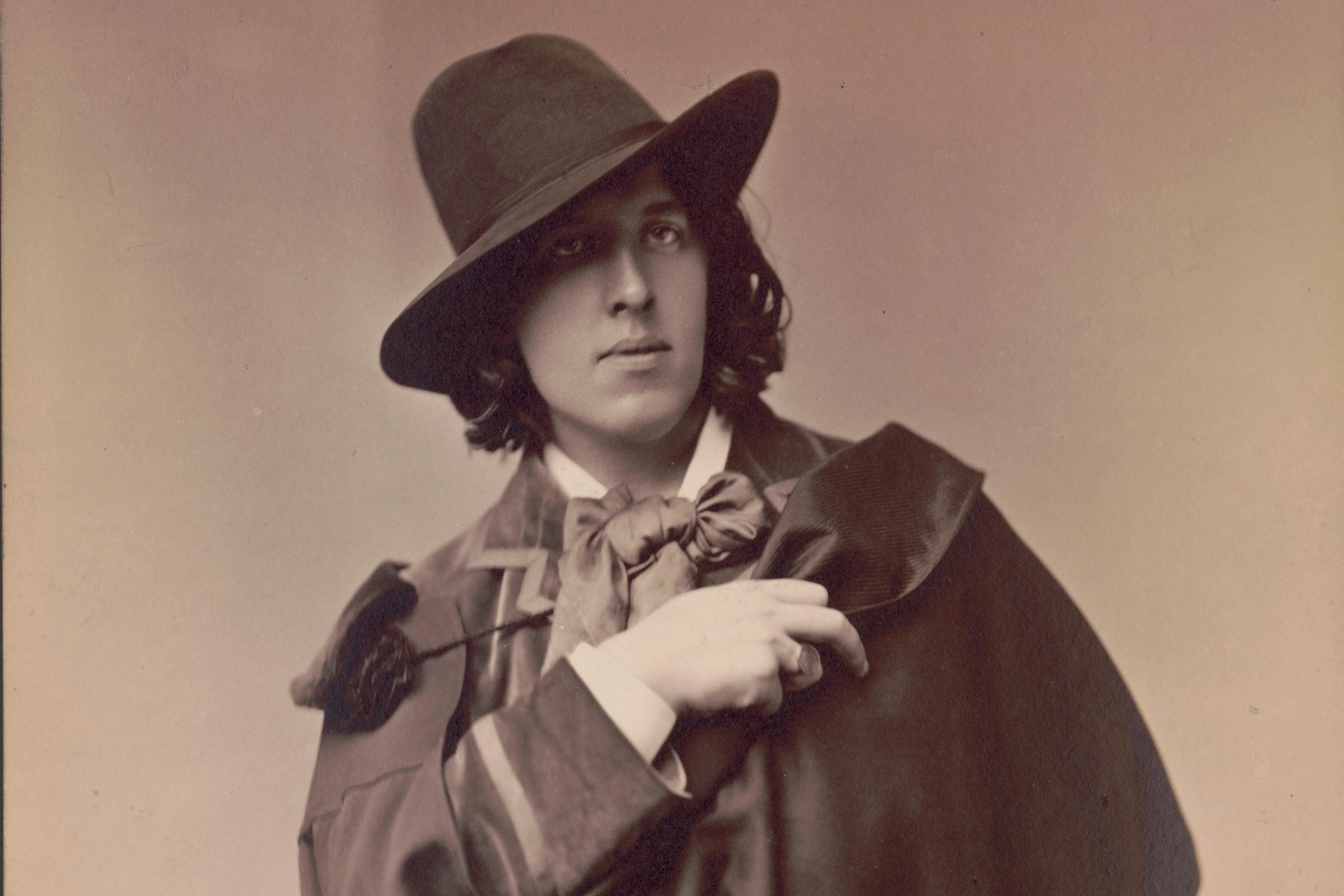
The aphorism has been a way to express strong feelings without placing emotional demands on the listener
by Noreen Masud

The history of ‘normal’ tells a tale of prejudice and bad maths. The most usual thing about people is how much we differ
by Sarah Chaney
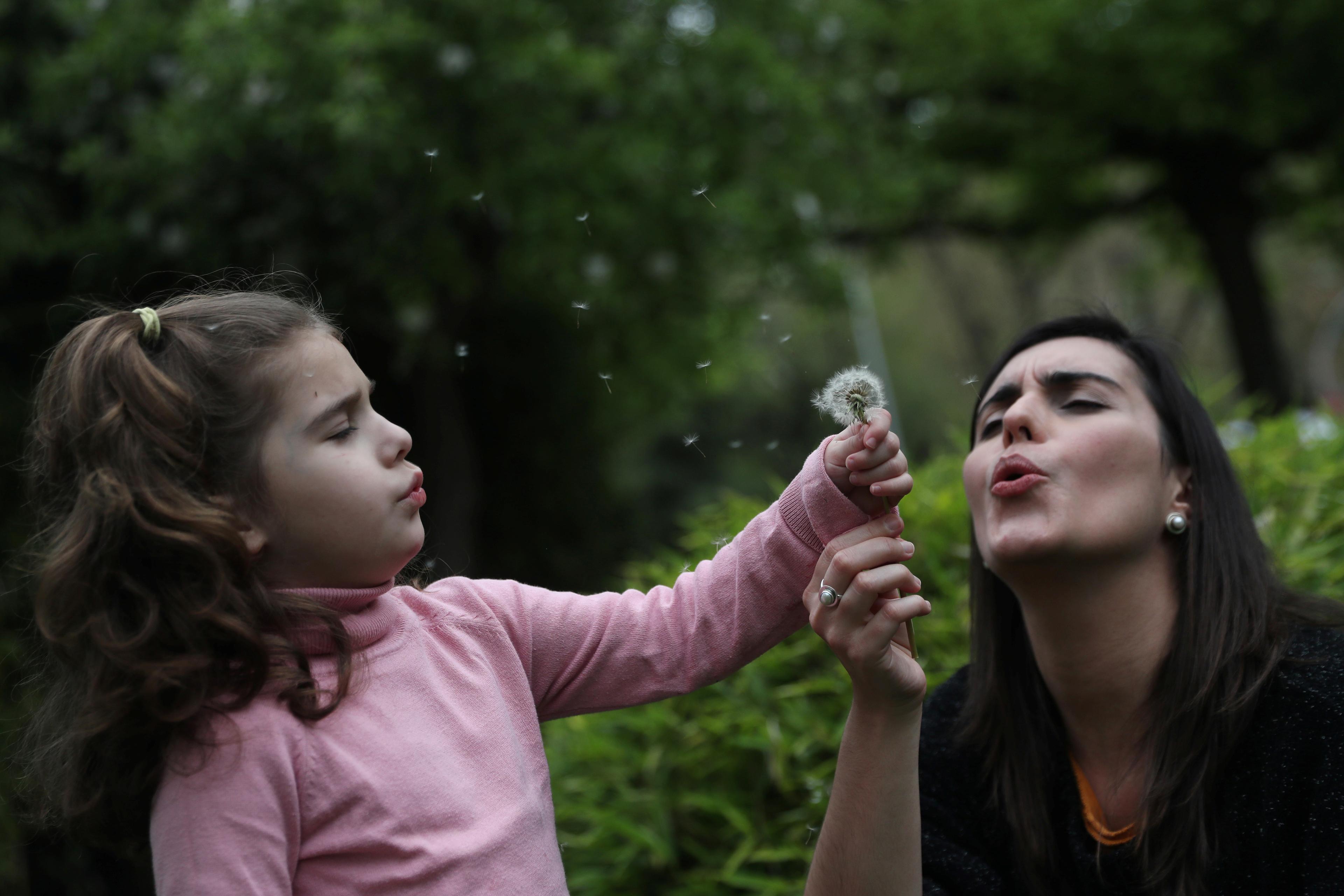
If society were more tolerant and understanding of autistic people, they could ditch their camouflage and be themselves
by Francesca Happé
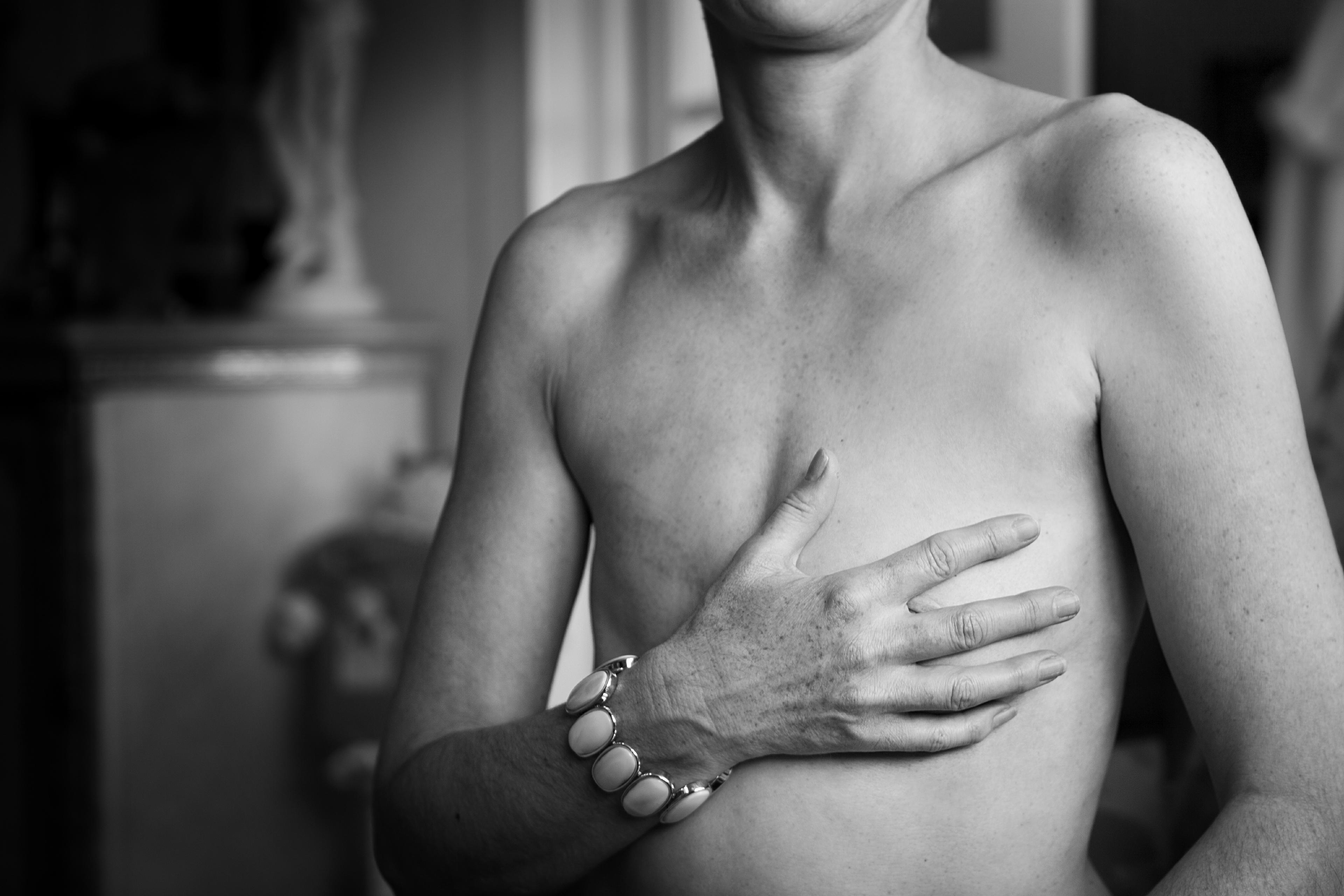
Breast reconstruction following surgery to remove cancer owes more to the cosmetic industry than to medical science
by Sarah Cretch
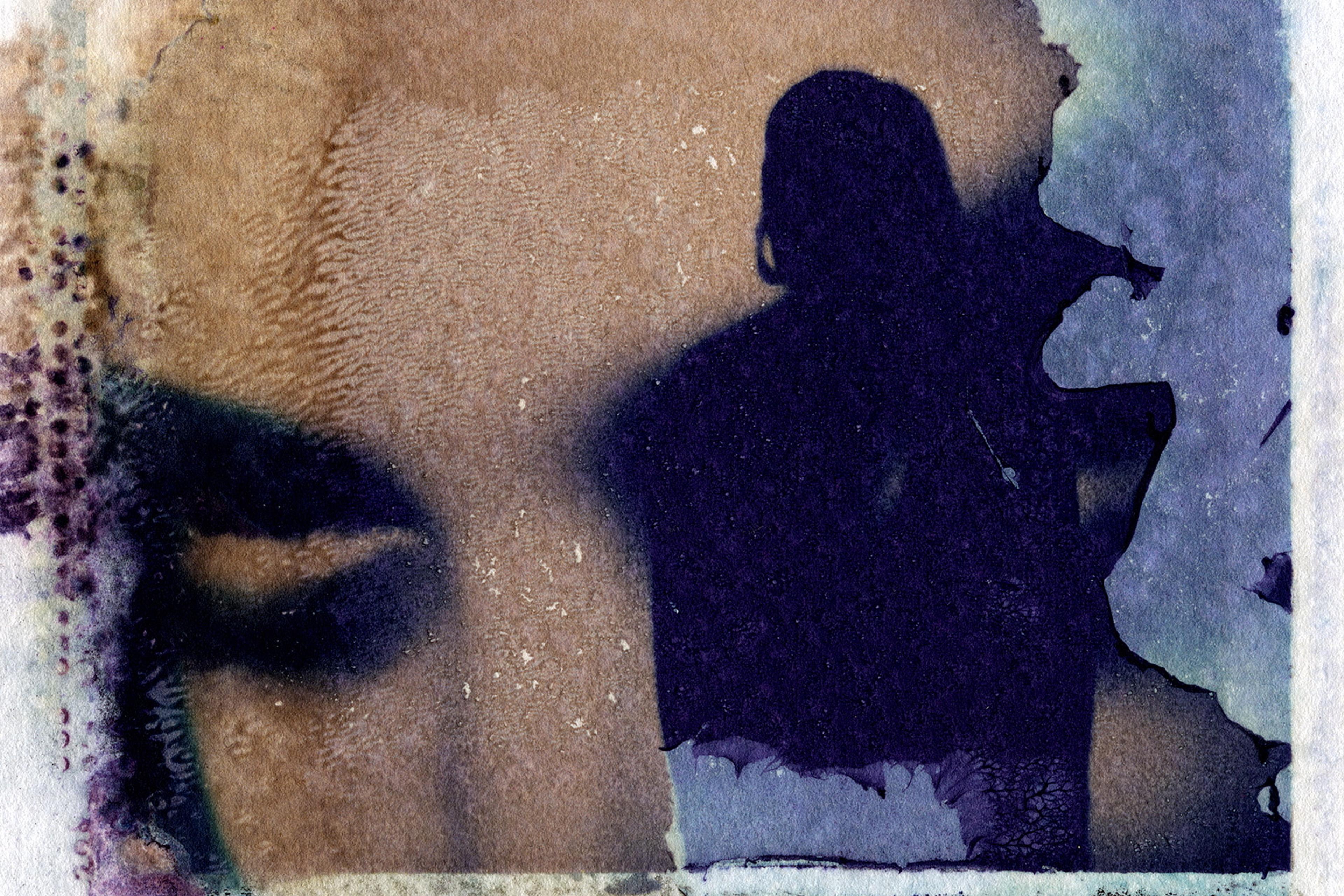
Both clinicians and laypeople misunderstand and stigmatise borderline personality disorder. Those who have it deserve better
by Sara Rose Masland & Hannah E A Peeples
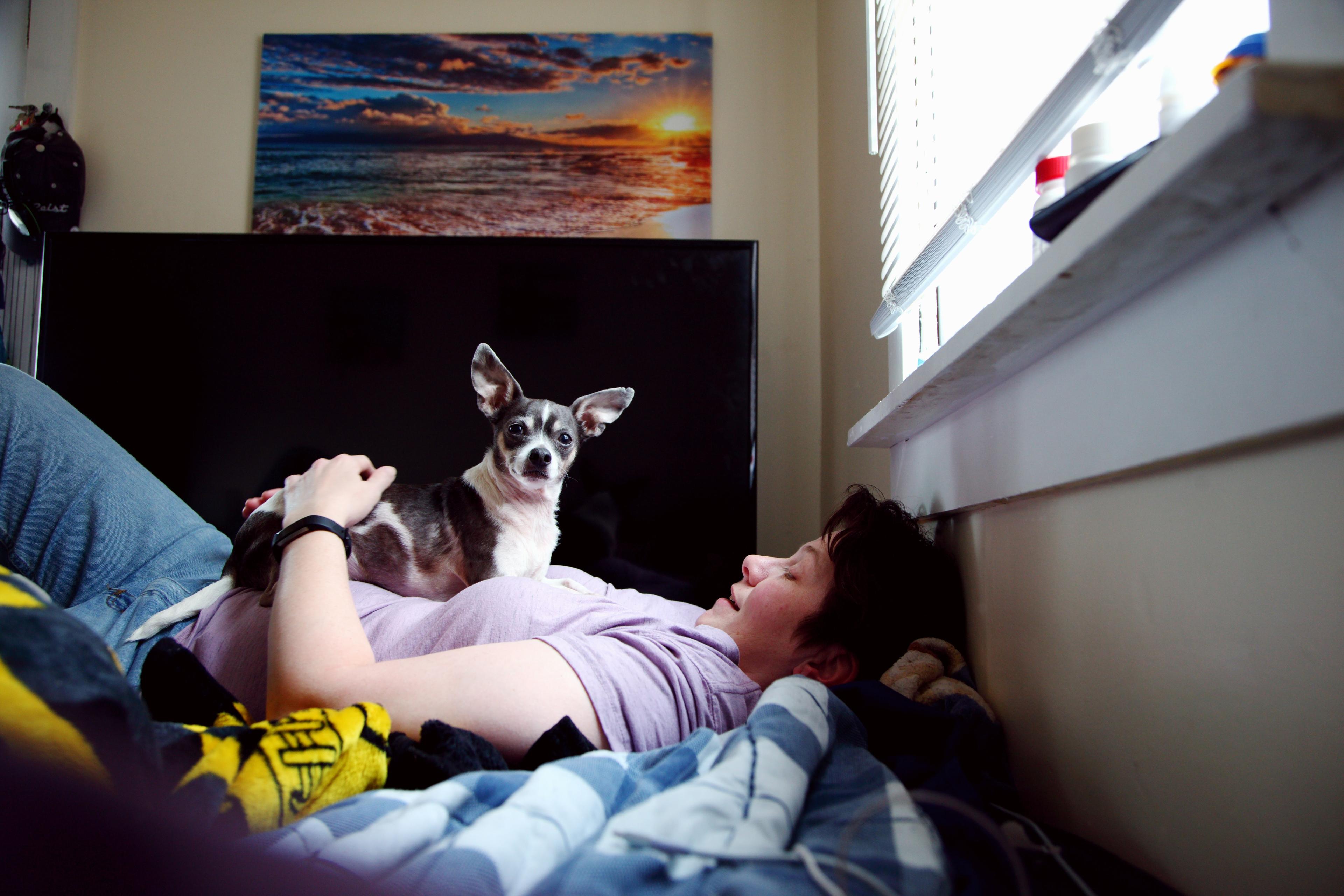
Antidepressants work and they can complement psychotherapy, yet the media coverage of the drugs is overwhelmingly negative
by Anushka Pathak & Lizzie Lim
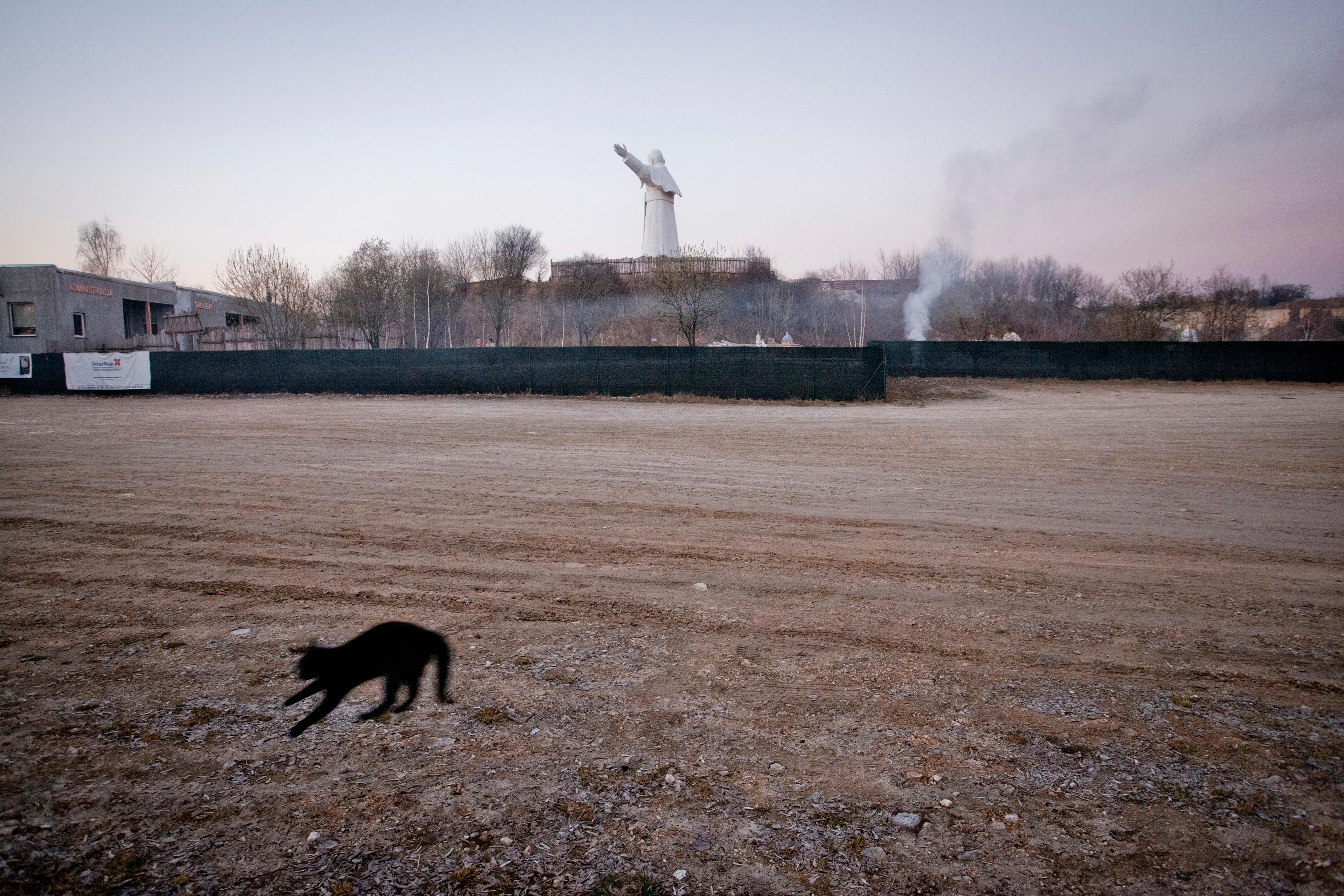
Unquestioned community rules on marriage, dining and even black cats often stem from our hunger to explain random events
by Kevin (Ze) Hong

The concept of personality disorders has been around for centuries but it’s flawed and needs both a rethink and a new name
by Matt Huston

Your suggestion could be invaluable, and it doesn’t need to be perfect. These steps will help you get a caring message across
by Kathryn Gordon
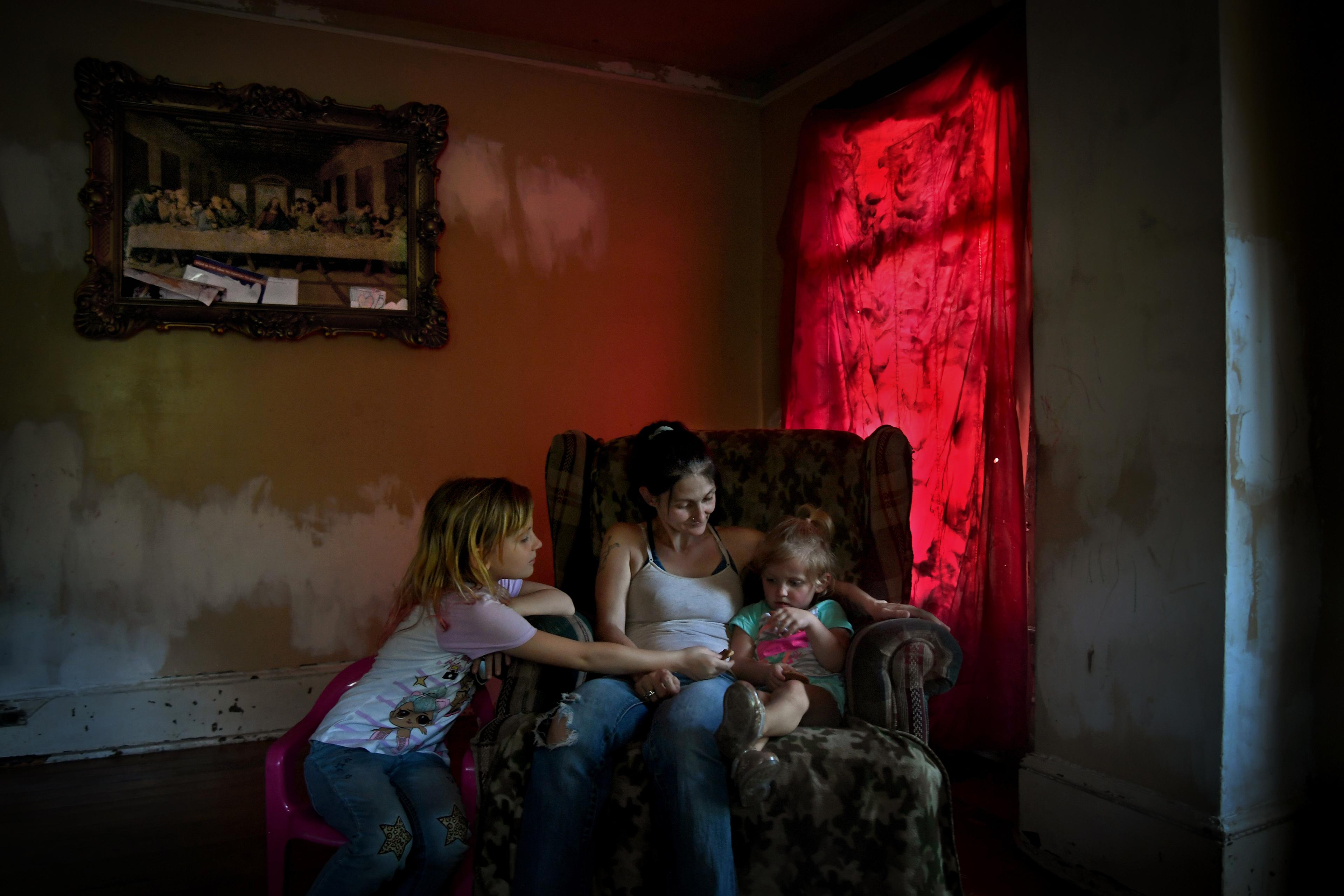
Heightened stigma, a lack of privacy and inadequate support services add to mental health challenges in rural communities
by Allison Crowe

What makes people like me disabled is not our bodies but the societies we live in. Let me inspire a rethink in your attitudes
by Paras Shah

Careful disclosure can be highly rewarding. Use tips from the Honest, Open, Proud programme to share your story
by Carla Kundert & Patrick W Corrigan

Stereotypes are obviously bad, but believing you share an essence with others could help people who feel marginalised
by Ariana Orvell & Alexa Lebrón-Cruz